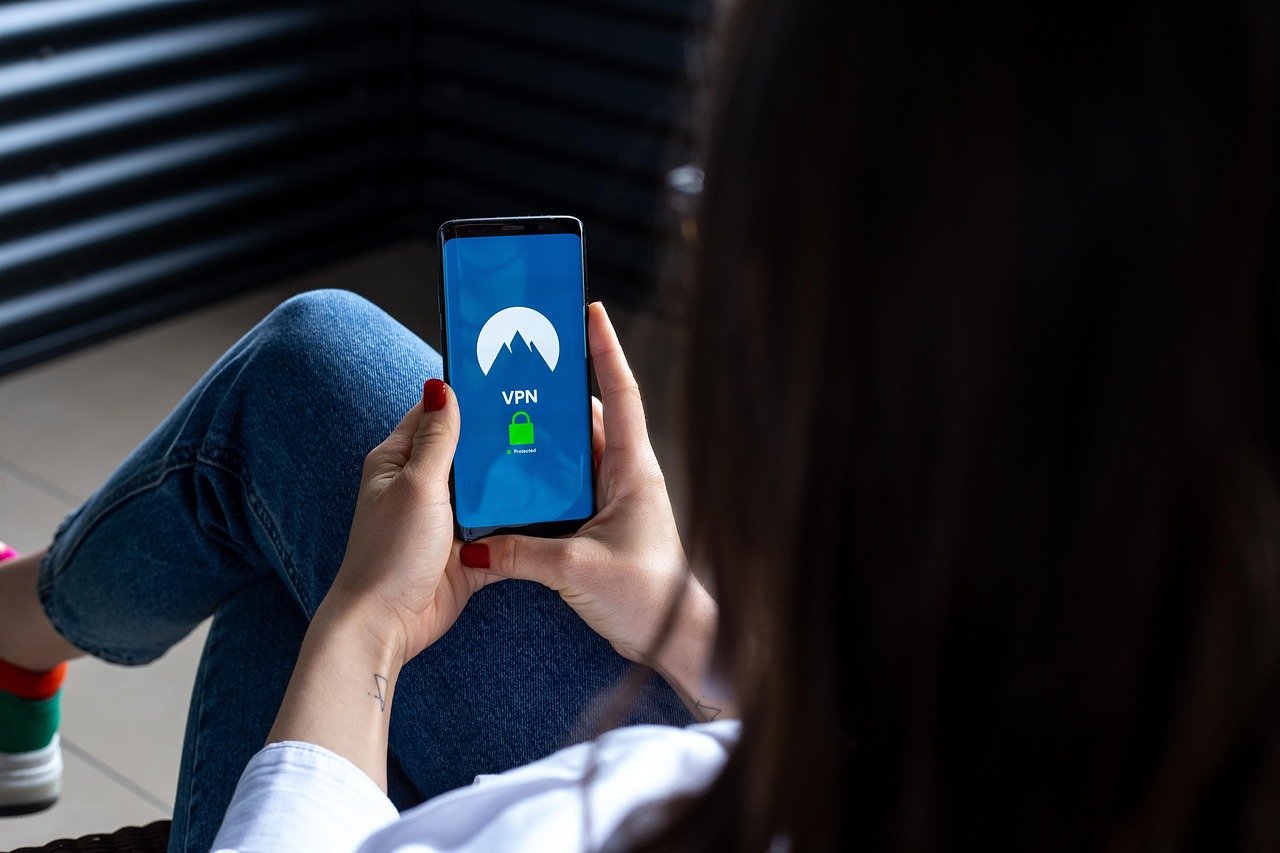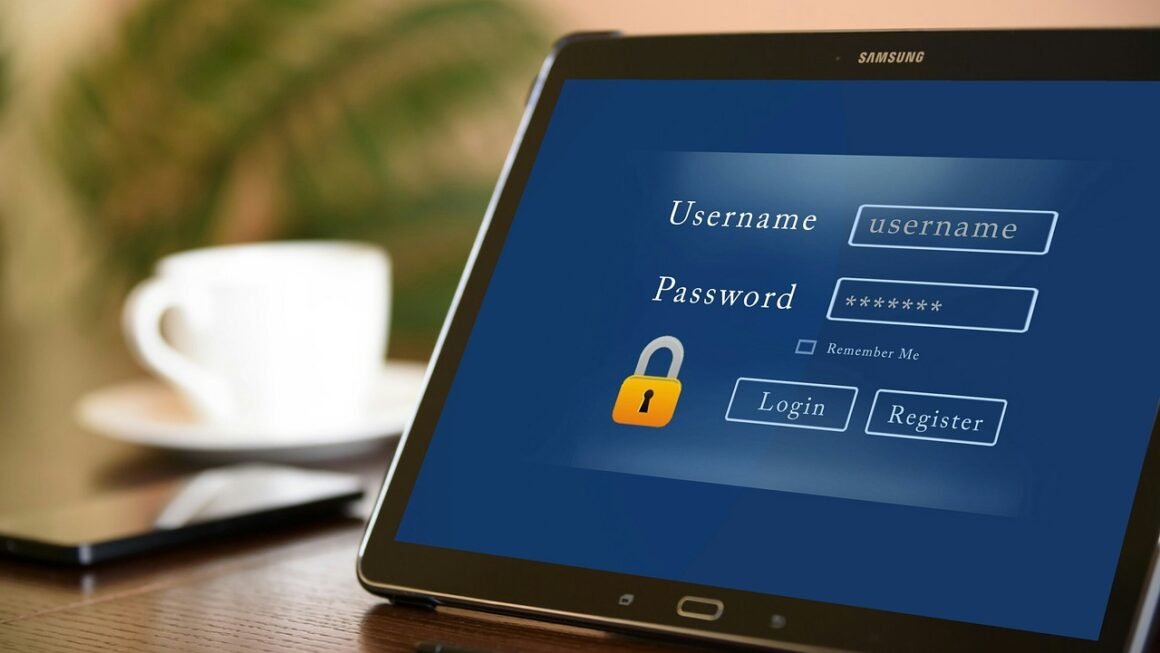In today’s interconnected world, online privacy and security are paramount. Whether you’re browsing the web, streaming content, or conducting sensitive business transactions, protecting your data from prying eyes is essential. A Virtual Private Network (VPN) offers a robust solution to safeguard your online activities, offering encryption, anonymity, and access to geographically restricted content. Let’s delve into the world of VPNs and explore how they can enhance your digital life.
What is a VPN and How Does it Work?
Defining a VPN
A VPN, or Virtual Private Network, creates a secure, encrypted connection over a less secure network, such as the public internet. Think of it as a private tunnel for your internet traffic. Instead of directly connecting to websites and online services, your data is routed through a VPN server, masking your IP address and encrypting your data stream.
The Technical Aspects
Here’s a simplified breakdown of how a VPN works:
Common VPN Protocols
VPNs use various protocols to establish secure connections. Some of the most common include:
- OpenVPN: A highly secure and open-source protocol, widely considered the industry standard. It’s adaptable and works well on various operating systems.
- WireGuard: A relatively new protocol known for its speed and efficiency. It’s designed to be simpler and more secure than older protocols.
- IKEv2/IPsec: A secure protocol often used for mobile devices due to its ability to maintain a stable connection when switching between networks.
- L2TP/IPsec: While older and generally considered less secure than OpenVPN or WireGuard, it’s still supported by many devices and VPN providers.
- PPTP: An older protocol with weak encryption. Generally not recommended due to security vulnerabilities.
Why Use a VPN? The Benefits Explained
Enhanced Online Security and Privacy
This is arguably the most significant benefit. A VPN encrypts your internet traffic, making it much harder for hackers, snoopers, and even your ISP to monitor your online activities.
- Example: When using public Wi-Fi at a coffee shop or airport, a VPN protects your sensitive data (passwords, credit card information, etc.) from being intercepted.
Access Geographically Restricted Content
Many streaming services, websites, and online games restrict access based on location. A VPN allows you to bypass these restrictions by connecting to a server in a different country.
- Example: If you’re traveling abroad and want to watch your favorite TV show that’s only available in your home country, you can connect to a VPN server in your home country to access it.
Bypass Censorship and Internet Restrictions
In countries with strict internet censorship, a VPN can provide access to blocked websites and social media platforms.
- Example: Activists and journalists in oppressive regimes use VPNs to communicate securely and access uncensored information.
Improved Gaming Experience
A VPN can sometimes improve your gaming experience by connecting you to game servers in different regions, potentially reducing lag and improving connection stability. However, it’s not always the case and depends on network conditions.
- Example: Players might use VPNs to access region-locked game content or play with friends in other countries.
Prevent ISP Throttling
Some ISPs throttle bandwidth for certain types of traffic, such as streaming or torrenting. A VPN can help prevent this by hiding the type of traffic you’re sending.
- Data Point: A 2017 study by Northeastern University found that some mobile carriers throttle video streaming speeds by up to 70%.
Choosing the Right VPN Provider
Key Factors to Consider
Selecting the right VPN provider is crucial to ensure your security and privacy. Here are some essential factors to consider:
- Security and Encryption: Look for providers that use strong encryption protocols (e.g., OpenVPN, WireGuard) and offer features like a kill switch (which automatically disconnects your internet if the VPN connection drops).
- No-Logs Policy: A reputable VPN provider should have a strict no-logs policy, meaning they don’t track or store your browsing history, IP address, or other personal information.
- Server Locations: The number and location of servers are important. A wider network of servers gives you more options for bypassing geo-restrictions and improving connection speeds.
- Speed and Performance: A fast VPN is essential for streaming, downloading, and browsing without lag. Look for providers with optimized servers and fast connection speeds. Run speed tests when connected to VPN servers to confirm.
- Price: VPN prices vary widely. Consider your budget and the features you need. Free VPNs often come with limitations and may compromise your security.
- Device Compatibility: Ensure the VPN provider offers apps for your devices (Windows, macOS, iOS, Android, etc.) and supports multiple simultaneous connections.
- Customer Support: Reliable customer support is essential if you encounter any issues. Look for providers that offer 24/7 support via live chat, email, or phone.
Red Flags to Watch Out For
Be wary of VPN providers that exhibit the following red flags:
- Logging User Data: VPNs that log your activity defeat the purpose of using a VPN. Always carefully review the provider’s privacy policy.
- Suspicious Permissions: Be careful about VPN apps that request excessive permissions on your device.
- Lack of Transparency: Avoid providers that are secretive about their ownership, location, and logging practices.
- Free VPNs with Ads: Many free VPNs monetize their services by displaying intrusive ads or selling your data to third parties.
Popular VPN Providers
Here are some reputable VPN providers that are well-regarded for their security, speed, and features:
- NordVPN: Known for its strong security features and extensive server network.
- ExpressVPN: Offers fast speeds and user-friendly apps.
- Surfshark: A budget-friendly option with unlimited simultaneous connections.
- CyberGhost: Provides a large server network and easy-to-use interface.
- ProtonVPN: A privacy-focused provider based in Switzerland with a strong emphasis on security.
Setting Up and Using a VPN
Installation and Configuration
Most VPN providers offer user-friendly apps for various operating systems and devices.
Using a VPN on Different Devices
- Computers: Use the VPN app for Windows or macOS.
- Smartphones and Tablets: Use the VPN app for iOS or Android.
- Routers: Some routers support VPN connections, allowing you to protect all devices connected to your network. This requires advanced configuration.
- Smart TVs: Some smart TVs support VPN apps, while others may require configuring a VPN on your router.
Troubleshooting Common Issues
- Slow Connection Speeds: Try connecting to a different server location. Ensure your internet connection is stable.
- Connection Problems: Check your firewall settings and ensure the VPN app is allowed to access the internet.
- DNS Leaks: Use a DNS leak test to ensure your DNS requests are being routed through the VPN server.
- IP Address Leaks: Use a website like [whatismyipaddress.com](https://whatismyipaddress.com/) to verify that your IP address is hidden.
VPNs: Legal and Ethical Considerations
Legality of VPNs
The legality of using a VPN varies from country to country. In most countries, using a VPN is perfectly legal. However, some countries restrict or ban VPN use, particularly for bypassing censorship. Check the laws in your country before using a VPN.
- Examples: While VPNs are legal in countries like the US, Canada, and the UK, they are restricted or banned in countries like China, Russia, and North Korea.
Ethical Considerations
While using a VPN is generally ethical, it’s important to use it responsibly.
- Avoid Illegal Activities: Using a VPN to engage in illegal activities (e.g., hacking, distributing copyrighted material) is unethical and illegal.
- Respect Terms of Service: Be mindful of the terms of service of websites and online services. Some services may prohibit the use of VPNs to bypass geo-restrictions.
- Transparency: Disclose your use of a VPN when necessary, such as when accessing work-related resources from a remote location.
Conclusion
A VPN is a powerful tool for enhancing your online security, privacy, and freedom. By encrypting your internet traffic, masking your IP address, and allowing you to bypass geo-restrictions, a VPN can significantly improve your digital experience. When choosing a VPN provider, consider factors like security, logging policy, server locations, speed, and price. Remember to use a VPN responsibly and ethically, and be aware of the legal implications in your country. By taking these precautions, you can enjoy a safer and more private online experience.



